Discover Premium Ceramic Products | Durability & Elegance United | Advanced Ceramics
Silicon Carbide
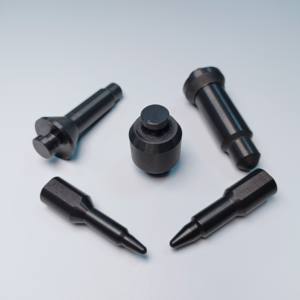
Medium Hardness 100mm Diameter Silicon Carbide Abrasive Cloth Rectangle Sanding Sheets Ceramic Aluminum Oxide for OEM
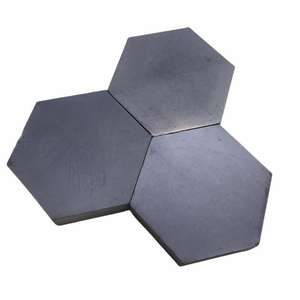
High Diamond Abrasive Disc 1mm Ceramic Silicon Carbide Aluminum Oxide OBM Support-Customizable Oval Mounted Point for Cutting
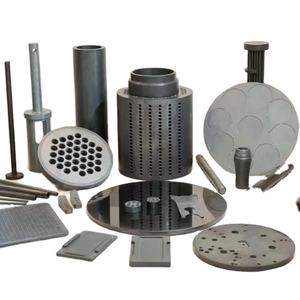
Sintyron Silicon Carbide Kiln Shelf Plate for Pottery Ceramic
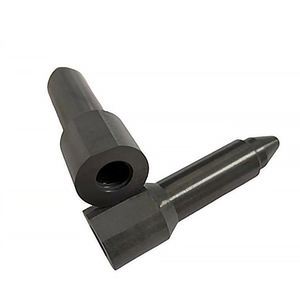
Factory Whole Silicon Carbide Ceramic Fish Shaped Sic Plate
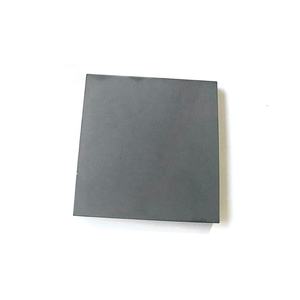
Factory Widely Used SIC Column Membrane Filter Silicon Carbide Ceramic Column Membrane
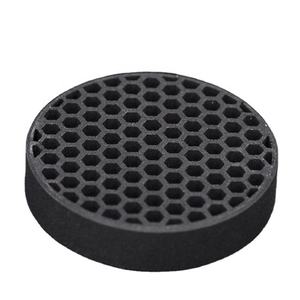
Silicon Carbide S SiC Ceramic Plate/ Disc/Tiles for Armor
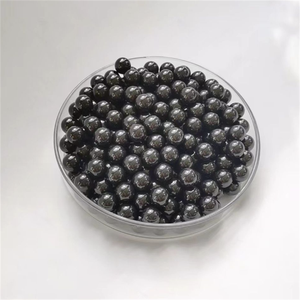
0.4mm-100mm G5-G40 Ceramic Balls Silicon Nitride Ball Si3n4 for Bearings Silicon Carbide Beads
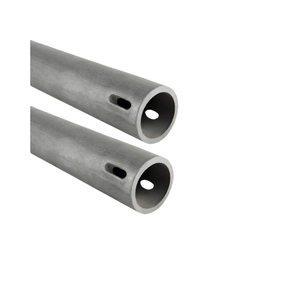
0.4mm-100mm G10 Ceramic Balls Silicon Carbide Ball Sic for Bearings 1mm
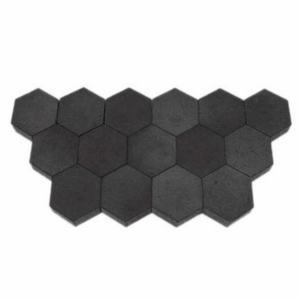
0.4mm-100mm G10 Ceramic Balls Silicon Carbide Ball Sic for Bearings Sic Ceramic Ball
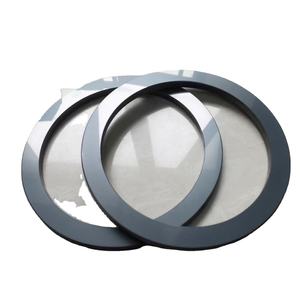
Joint Power SSiC SiC Silicon Carbide Ceramic O-ring/Seal Ring for Mechanical Seal
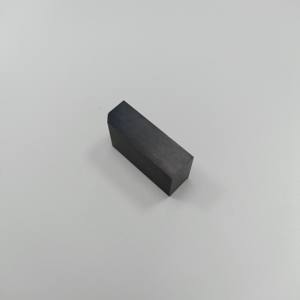
0.4mm-100mm G10 Ceramic Balls Silicon Carbide Ball Sic for Bearings Sic Ceramic Grinding Ball
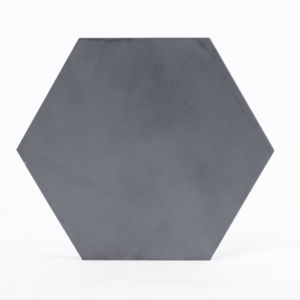
0.4mm-100mm G10 Ceramic Balls Silicon Carbide Ball Sic for Bearings Sic Balls
Overview of Silicon Carbide Ceramic Products
Silicon carbide (SiC) ceramics represent a class of advanced engineering materials known for their exceptional hardness, high thermal conductivity, and excellent wear resistance. These ceramics are engineered to deliver superior performance in extreme environments characterized by high temperatures, mechanical stress, and corrosive conditions. Utilizing high-purity silicon carbide as the base material, these products offer unparalleled durability and reliability across various industries. Whether used in aerospace components or cutting-edge electronic devices, silicon carbide ceramics set new standards for performance and efficiency.
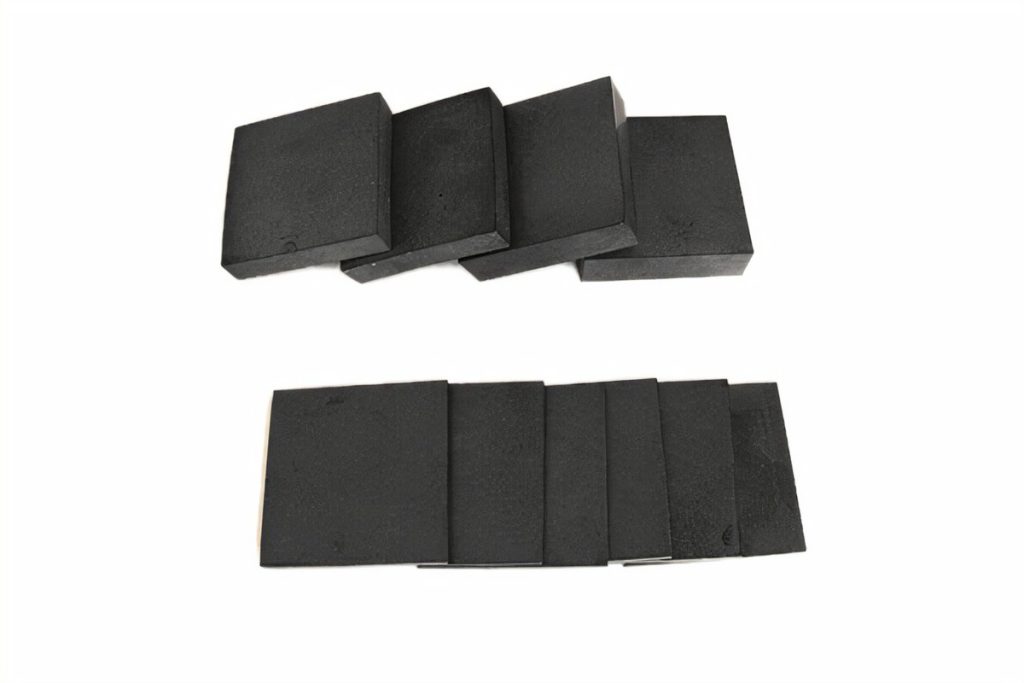
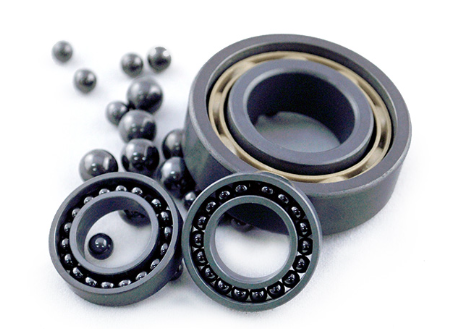
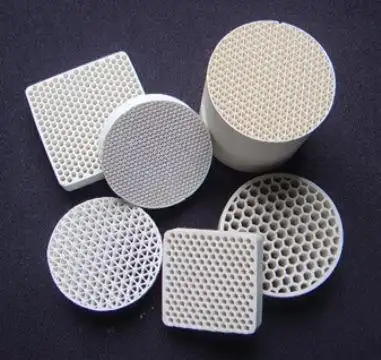


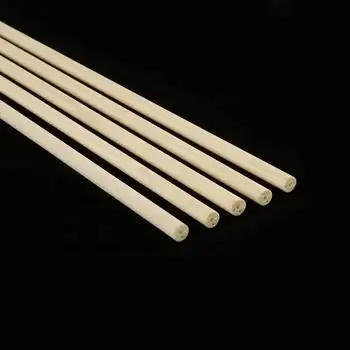
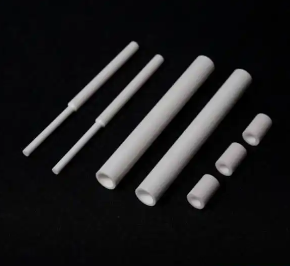
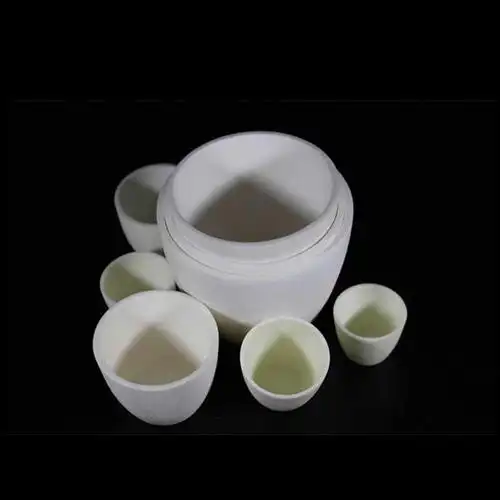
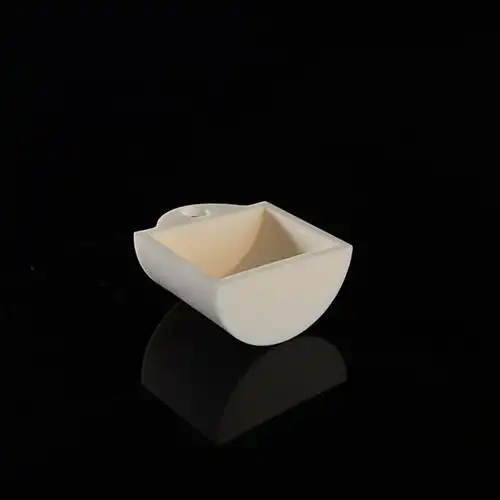
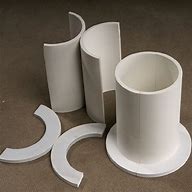
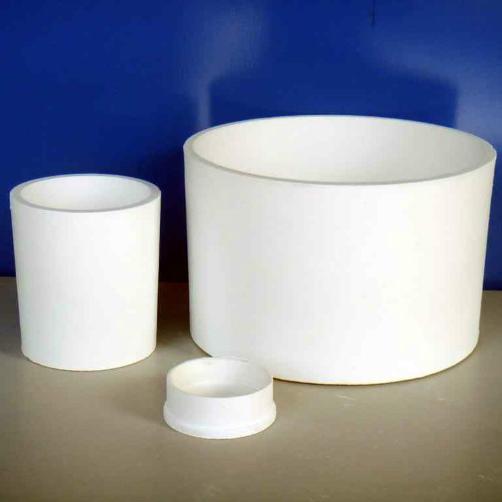
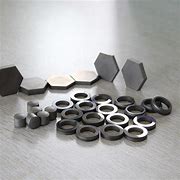
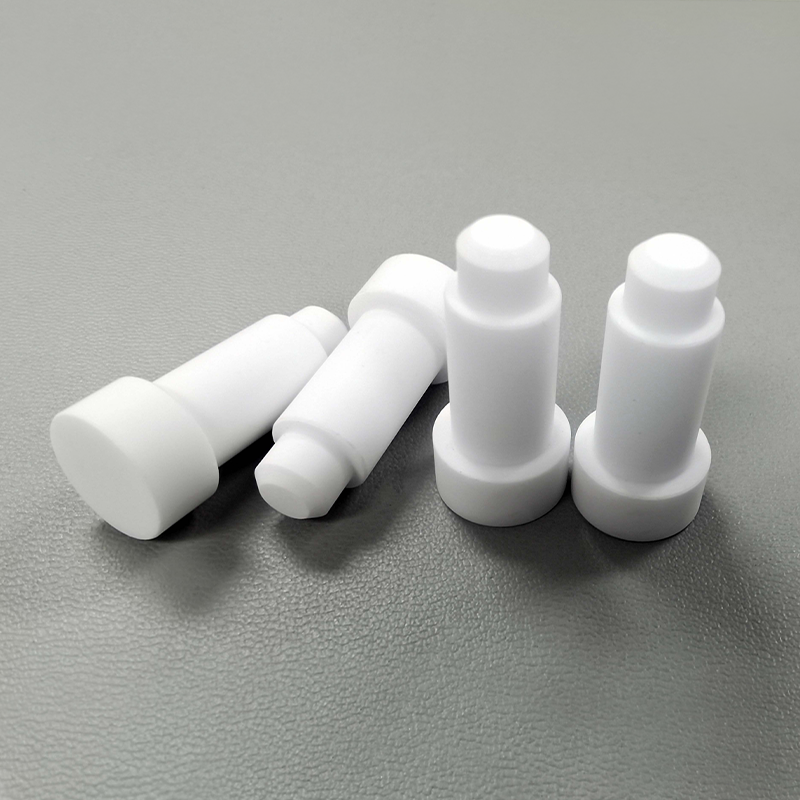
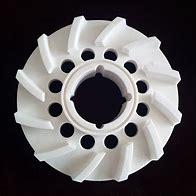
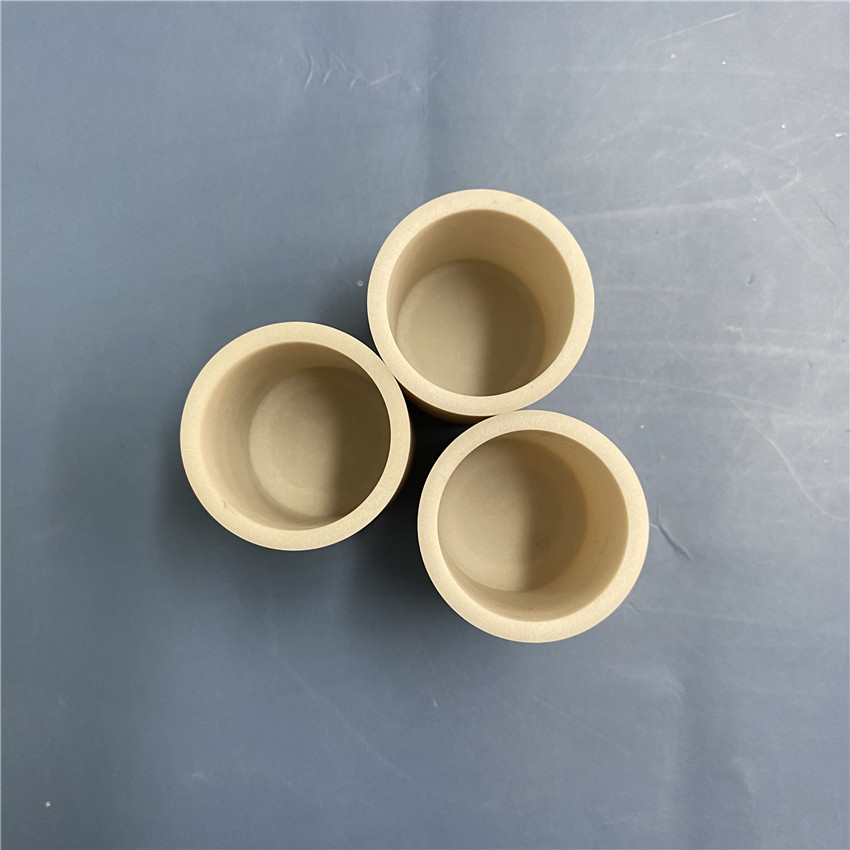
Features of Silicon Carbide Ceramic Products
- Extreme Hardness: SiC is one of the hardest materials available, with a Mohs hardness rating of 9-9.5, making it highly resistant to wear and abrasion.
- High Thermal Conductivity: With thermal conductivity ranging from 90 to 330 W/m·K, SiC efficiently dissipates heat, making it ideal for high-temperature applications.
- Low Thermal Expansion: SiC exhibits a low coefficient of thermal expansion, ensuring dimensional stability even under rapid temperature changes.
- Excellent Wear Resistance: The hardness and density of SiC make it an excellent choice for components exposed to significant wear and abrasion.
- Chemical Inertness: Highly resistant to corrosion from acids, alkalis, and organic solvents, ensuring long-lasting performance in harsh environments.
- Electrical Properties: Depending on the type, SiC can be electrically insulating or semiconducting, offering versatility for electronic applications.
- Self-Lubricating: SiC has a low coefficient of friction, reducing the need for additional lubricants in moving parts.
- Lightweight: Despite its strength, SiC is relatively lightweight, which is beneficial for applications requiring reduced weight.
Specifications of Silicon Carbide Ceramic Products
| Property | Specification |
|---|---|
| Material Composition | High-purity silicon carbide (SiC), often with dopants for specific applications |
| Density | 3.08 - 3.21 g/cm³ |
| Hardness (Mohs Scale) | 9 - 9.5 |
| Hardness (Vickers) | ~2500 - 3500 HV |
| Fracture Toughness | 4 - 5 MPa·m^(1/2) |
| Compressive Strength | > 3500 MPa |
| Tensile Strength | > 400 MPa |
| Flexural Strength | > 500 MPa |
| Elastic Modulus | 400 - 450 GPa |
| Thermal Conductivity | 90 - 330 W/m·K (depending on type and purity) |
| Coefficient of Thermal Expansion (CTE) | 4.7 × 10⁻⁶/°C |
| Maximum Service Temperature | Continuous up to 1600°C, short-term peaks up to 2000°C |
| Thermal Shock Resistance | ΔT > 600°C (depending on thickness and shape) |
| Dielectric Strength | > 20 kV/mm |
| Volume Resistivity | > 10¹⁵ Ω·cm at 25°C |
| Surface Resistivity | > 10¹⁴ Ω/sq at 25°C |
| Dielectric Constant (εr) | ~10 at 1 MHz |
| Loss Tangent (tan δ) | < 0.0002 at 1 MHz |
| Chemical Resistance | Excellent resistance to acids, alkalis, and organic solvents |
| Porosity | < 0.5% |
| Water Absorption | < 0.1% |
| Color Options | Natural black or greenish-black; customizable colors through pigmentation |
| Finish Options | Polished, honed, matte, textured |
| Environmental Impact | Recyclable, low environmental footprint |
Applications of Silicon Carbide Ceramic Products
- Aerospace and Automotive Industries: Used in engine components, bearings, and seals where high temperatures and corrosive environments are common.
- Mechanical Engineering: Employed in cutting tools, dies, and wear-resistant parts due to its superior hardness and wear resistance.
- Chemical Processing: Ideal for pump components, valves, and other parts exposed to aggressive chemicals.
- Electronics: Suitable for substrates, semiconductor devices, and power electronics owing to its excellent electrical properties.
- Energy Sector: Found in turbine blades, heat exchangers, and furnace components, benefiting from the material's thermal stability and resistance to thermal shock.
- Environmental Protection: Used in filtration systems and pollution control devices, leveraging its chemical inertness and thermal stability.
Company Introduction
Advanced Ceramics is committed to being the world's leading provider of ceramic material solutions. Since our inception in 2012, we have focused on the development, production and sales of high-performance ceramic products, providing our customers with innovative products and quality services. With a deep understanding of material science and advanced manufacturing technology, we have won wide recognition in a variety of fields, including electronics, machinery, construction, and medical care.
Our core competitiveness lies in continuous technological innovation and strict quality control. We have an R&D team of senior scientists and engineers who are constantly exploring the application potential of new materials to ensure that our products are always at the forefront of the industry. At the same time, we have established a perfect quality management system, from the selection of raw materials to the finished product factory, each link is strictly tested to ensure the high quality and consistency of our products.
Advanced Ceramics' product line covers a wide range of ceramic applications, including but not limited to: high-precision electronic ceramic components, wear-resistant mechanical parts, decorative building materials, and medical implants. We not only provide standard products, but also customize ceramic products with special specifications and functions according to customers' needs. In addition, we actively promote the concept of green environmental protection, all production processes comply with international environmental standards, and strive to minimize the impact on the environment.
For more information, please feel free to contact us.(nanotrun@yahoo.com)
Payment Methods
L/C, T/T, Western Union, Paypal, Credit Card etc.
Shipment Methods
By sea, by air, by express as soon as possible once payment receipt.
5 FAQs of Silicon Carbide Ceramic Products
- Q: What makes silicon carbide ceramics so hard? A: Silicon carbide's hardness stems from its strong covalent bonding between silicon and carbon atoms, resulting in a crystal structure that resists deformation and wear.
- Q: Can silicon carbide ceramics be machined after sintering? A: While silicon carbide is very hard, it can be machined using diamond tools. However, machining should be done by professionals familiar with ceramic machining techniques to avoid damage.
- Q: How does silicon carbide compare to traditional ceramics in terms of thermal shock resistance? A: Silicon carbide has superior thermal shock resistance compared to many traditional ceramics, thanks to its low coefficient of thermal expansion and high thermal conductivity.
- Q: Are silicon carbide ceramics suitable for high-temperature applications? A: Yes, silicon carbide can withstand continuous service temperatures up to 1600°C and short-term peaks up to 2000°C, making it ideal for high-temperature environments.
- Q: What maintenance do silicon carbide ceramic surfaces require? A: Silicon carbide ceramics are easy to maintain; regular cleaning with mild soap and water is usually sufficient. For tougher stains, non-abrasive cleaners can be used without damaging the surface.
